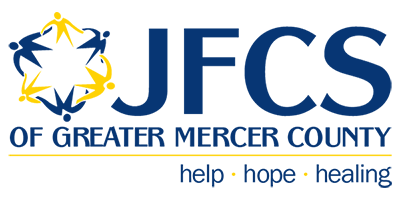Are you an Oak or a Willow?
We think of the oak tree as a symbol of strength and resilience, the tall and mighty oak! But consider what happens to many an oak tree when fierce storms come through. They topple, their branches get broken, they get uprooted.
But what about the willow tree? Their branches will never easily break no matter how strong the winds are; this tree is a survivor. Adaptable. Flexible.
“The oak fought the wind and was broken, the willow bent when it must and survived.” ― Robert Jordan
When stressors, the ‘storms’ of life, come blowing in, how do you react? Which ‘tree’ are you? And more importantly, how can we develop more of the willow’s ‘flexibility’? Stress is defined as the body’s reaction – and that can be physical, mental, or emotional reaction – to any change that requires an adjustment or response. So something happens in our environment which causes us to react., for example, we lose our job, we feel uncomfortable wearing a mask to go out, we’re dealing with a financial problem. Sometimes it is easy to ‘roll with the punches’ and deal with the stressors; and, then other times, not so much.
Our ability to adapt to, respond to, and recover from stressful events in our life is our emotional resilience. The word resilience comes from the Latin word for ‘resilio’ which means ‘to bounce back or rebound’. We are being emotionally resilient when we exhibit traits like resourcefulness, flexibility, or perseverance. We have little control over many of the unexpected life events that come our way, a sudden illness, death of a loved one, a car accident, a business failure; however we can develop skills, the emotional resilience, to weather the storms.
 Ways to Build Emotional Resilience:
Ways to Build Emotional Resilience:
1. Be an optimist
2. Find a sense of purpose and meaning in your life
3. Face your fears
4. Be adaptable and flexible
5. Practice spirituality
6. Have social support
7. Be a lifelong learner
8. Change the narrative
9. Focus on self-care
10.Control your destiny
Over two additional blog postings, I will further discuss these ten research-based strategies that can help us to develop and improve our emotional resilience. For those times when you may need some additional assistance in dealing with life’s challenges, JFCS is here for you. Call 609-987-8100 to schedule an appointment with one of our licensed therapists.
This is the first of three blogs covering Emotional Resilience. You can also view Teri’s webinar on this topic by clicking here.
Teri Cheresnick, LCSW, LCADC


